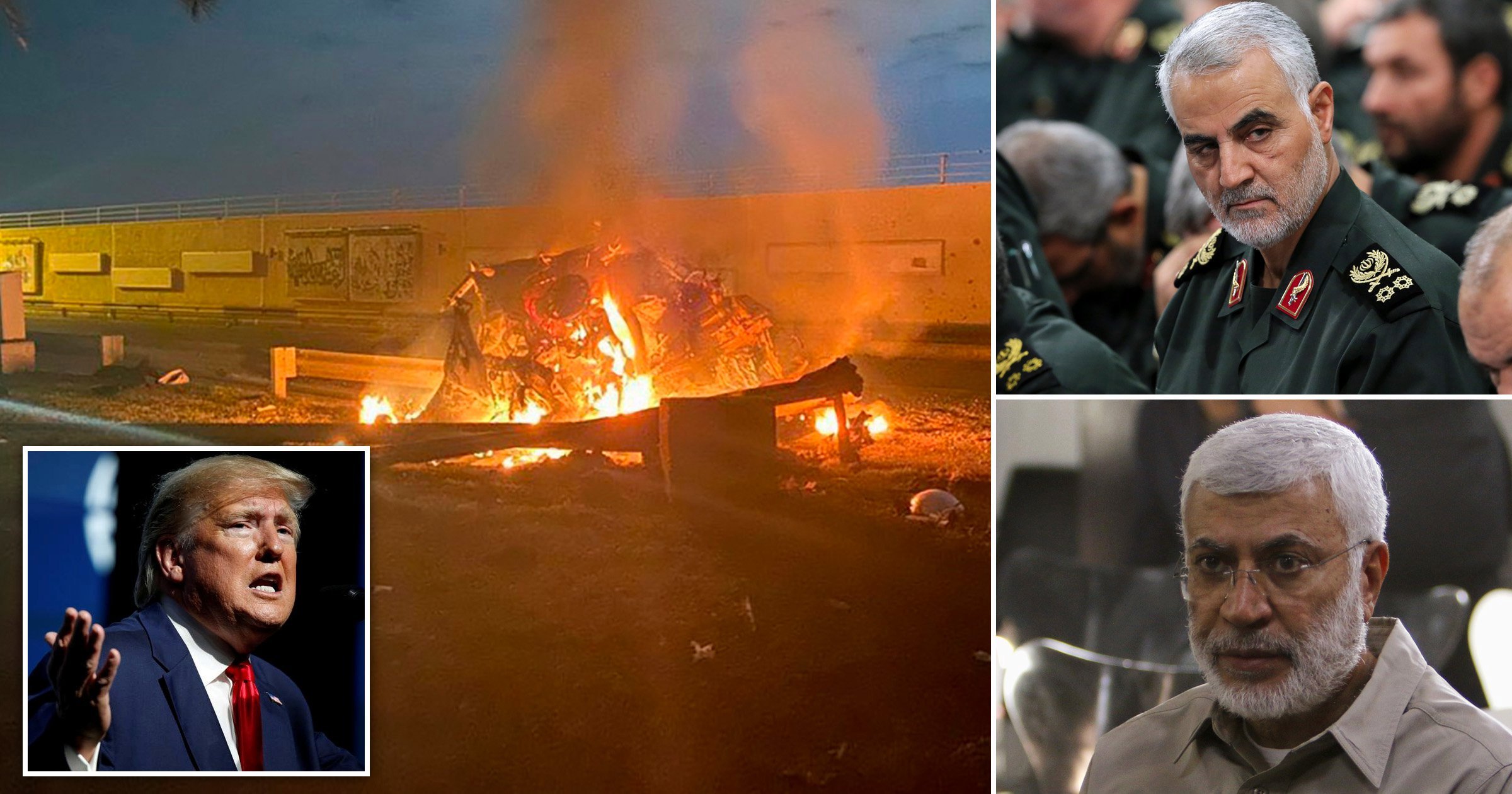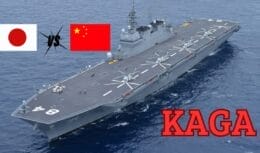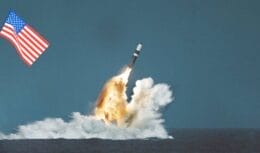
The attack ordered by Trump on Friday in Baghdad also killed Abu Mahdi al-Muhandis, deputy commander of the Iranian-backed militias known as the Popular Mobilization Forces.
President Trump ordered a revolutionary US military strike that killed Iranian General Qassem Soleimani, head of the Islamic Revolutionary Guard Corps' elite Quds Force, among other military officials at Baghdad International Airport on Friday, the Pentagon confirmed. US attack on Iranian general will impact fuel prices in Brazil, says Bolsonaro.
Read also
- Ocyan announces offshore vacancies in Macaé for high school and higher education professionals
- Employment vacancies to work onboard in the Norwegian Aker Solutions
- Brasfels shipyard in Angra dos Reis starts a MASSIVE recruitment and selection process with around 60 positions
Soleimani is the military chief that Secretary of State Mike Pompeo had deemed as dangerous as Islamic State leader Abu Bakr al-Baghdadi. In October, Baghdadi killed himself during a US raid on a compound in northwest Syria, seven months after the so-called ISIS "caliphate" collapsed when the terror group lost its last swath of Syrian territory in March.
Iran's Foreign Minister Javad Zarif tweeted after the attack "US Act of International Terrorism Targeting and Assassinating General Soleimani - Most Effective Countering Daesh (ISIS), Al Nusrah, Al Qaeda and Others - it is extremely dangerous and a silly climb. ” He further added that the US “bears responsibility for all the consequences of its disloyal adventurism”.
In April 2019, the State Department announced that Iran was responsible for the deaths of 608 US soldiers during the Iraq War. Soleimani was the head of the Iranian and Iranian-backed forces that carried out these operations, killing American troops. According to the State Department, 17% of all US personnel deaths in Iraq from 2003 to 2011 were orchestrated by Soleimani.
In 2015, a travel ban and United Nations Security Council resolutions prevented Soleimani from leaving Iran.
Friday's attack in Baghdad also killed Abu Mahdi al-Muhandis, deputy commander of the Iranian-backed militias known as the Popular Mobilization Forces.
In total, at least seven people were killed and at least three rockets were fired, officials told The Associated Press. A Popular Mobilization Forces official said their airport protocol officer, Mohammed Reda, had also died.
Hours after the attack was announced, President Trump tweeted a simple image of the American flag.
- Donald J. Trump (@ realDonaldTrump) January 3, 2020
Soleimani was the longtime leader of the elite intelligence wing called the Quds Force - which itself has been a designated terrorist group since 2007 and is estimated to have 20.000 men. Soleimani was considered one of the most powerful men in Iran, called the "shadow commander" or "master of spies".
The killings marked a potential turning point in the Middle East, and are expected to draw severe reprisals from Iran and the forces it supports in the Middle East against Israel and American interests.
The overnight attack came amid tensions with the US after an Iranian-backed militia attacked the US Embassy in Baghdad, which was targeted on Tuesday by angry crowds protesting recent US airstrikes.
The two-day siege outside the US Embassy in Baghdad came to an end on Wednesday afternoon after dozens of pro-Iran militiamen and their supporters withdrew from the compound.
The crisis began early on Tuesday when, in an orchestrated attack, hundreds of protesters stormed the embassy compound, one of the most heavily fortified US diplomatic missions in the world.
President Trump, who on Tuesday night pledged that the situation "will not be a Benghazi" - a pointed reference to the deadly 2012 attack on the US consulate in Libya, under the Obama administration's watch, ordered the deployment of about 750 American troops to the Middle East.
The embassy attack, one of the worst in recent memory, followed deadly US airstrikes on Sunday that killed 25 fighters from the Iranian-backed group Kataeb Hezbollah. The US military said the airstrikes were retaliation for the death last week of a US contractor in a rocket attack on an Iraqi military base, which the US blamed on the militia.
Defense Secretary Mark Esper reacted on Thursday to the attack on the US Embassy in Iraq earlier this week, saying it was time for Iran to start "acting like a normal country".
"We are there in Iraq working with our Iraqi partners to ensure the lasting defeat of ISIS," Esper said in "America's Newsroom" on Thursday.
https://twitter.com/Ehab8Alobaidy/status/1212863077391241220













This is called disinformation journalism. O…
Damn, imbecile, idiot
Too good to be true, let's wait...
lula test comment elonmusqueiros
During the YEARS of this transition, it is likely…
With this price you will never compete…
They cut funds for the FAs for…
I agree!